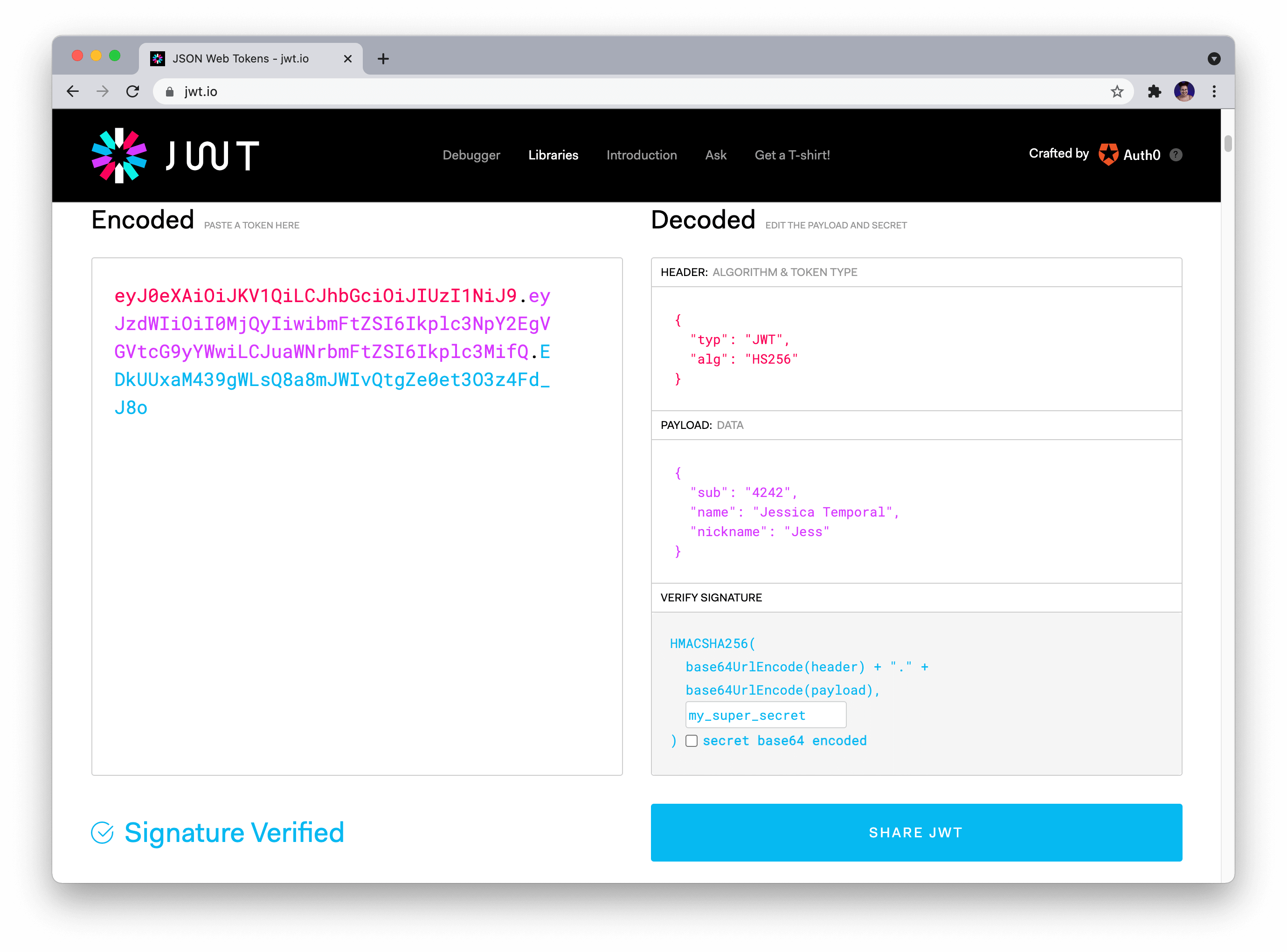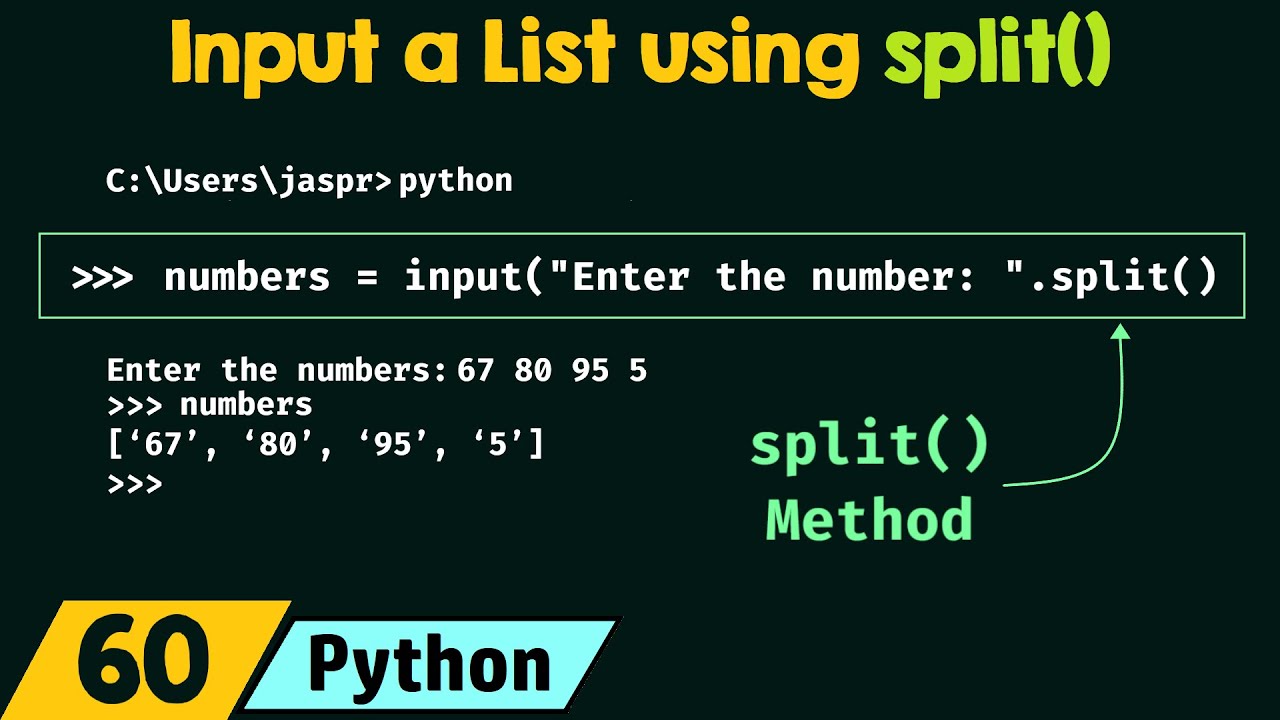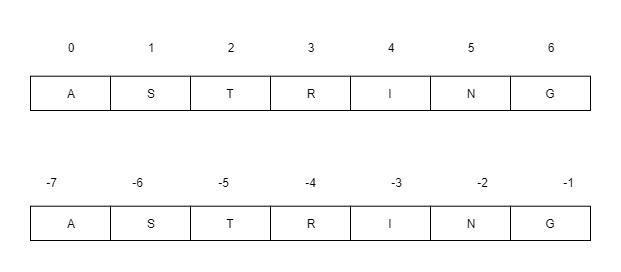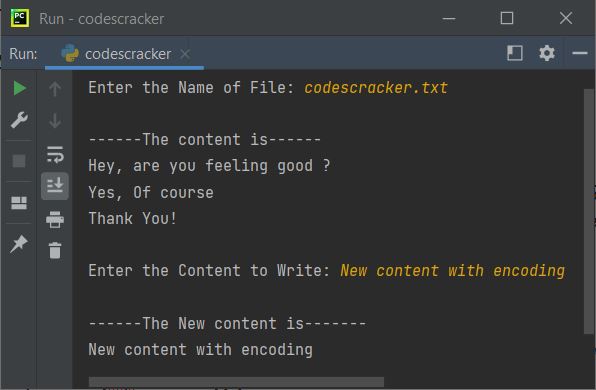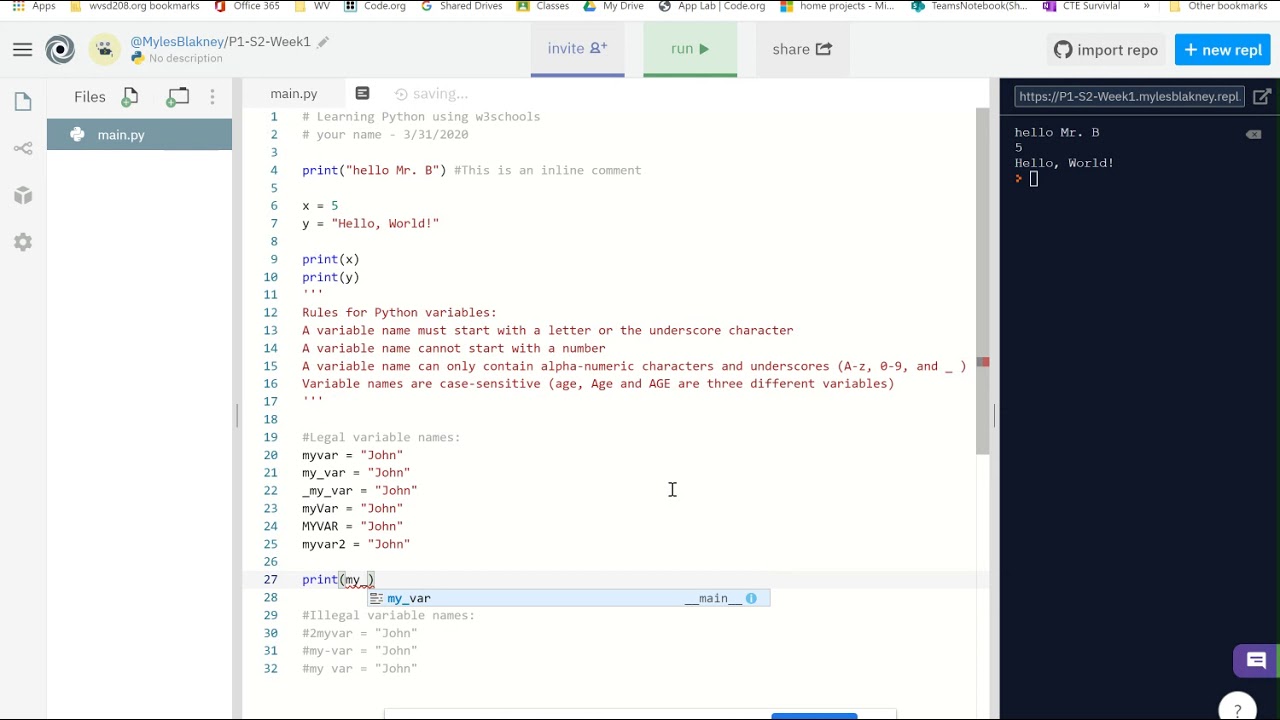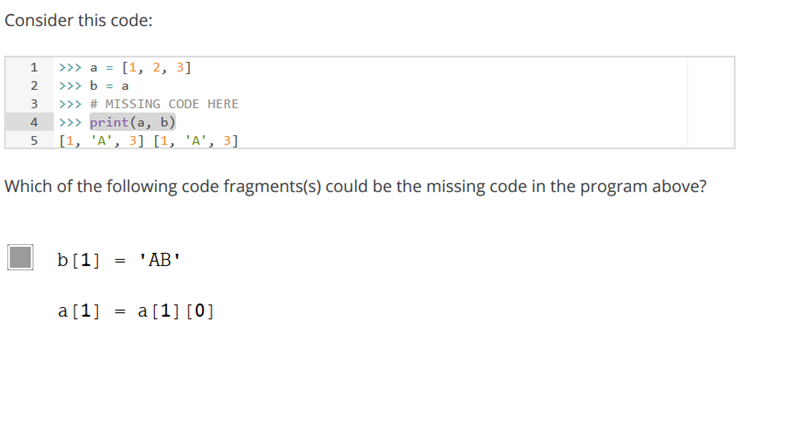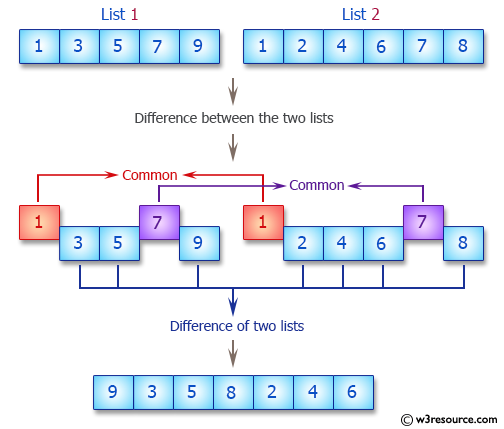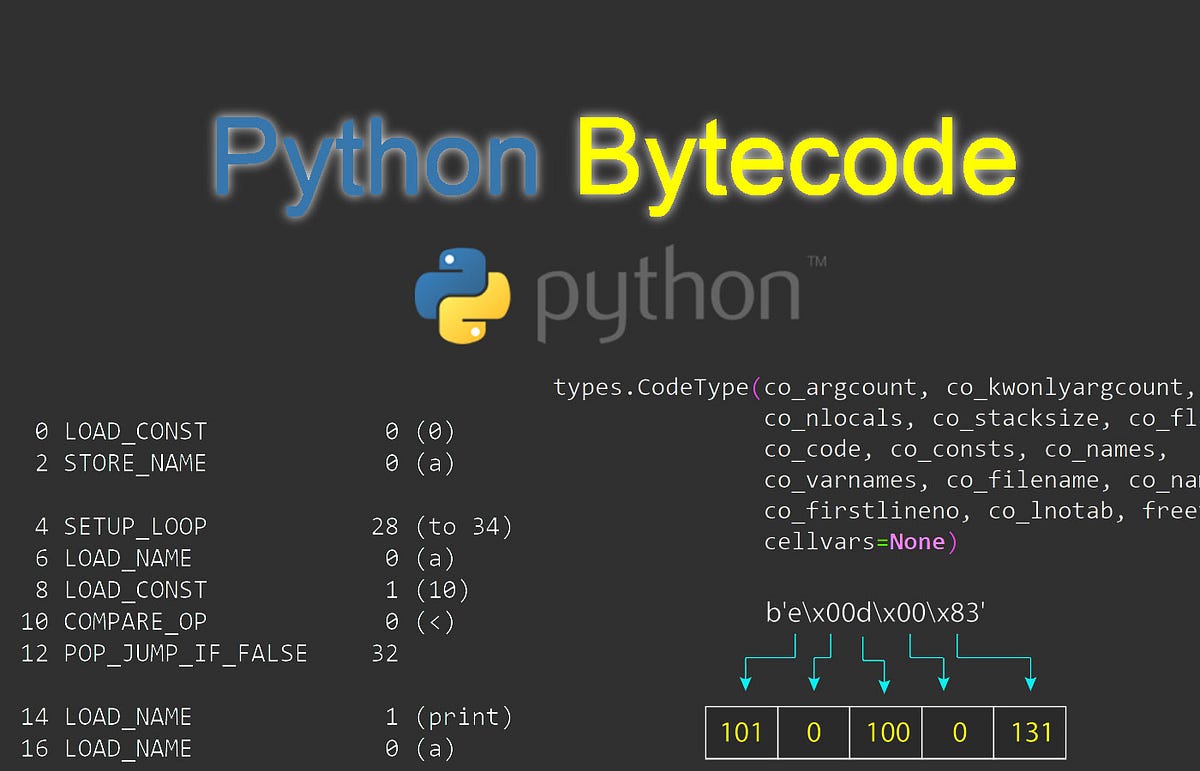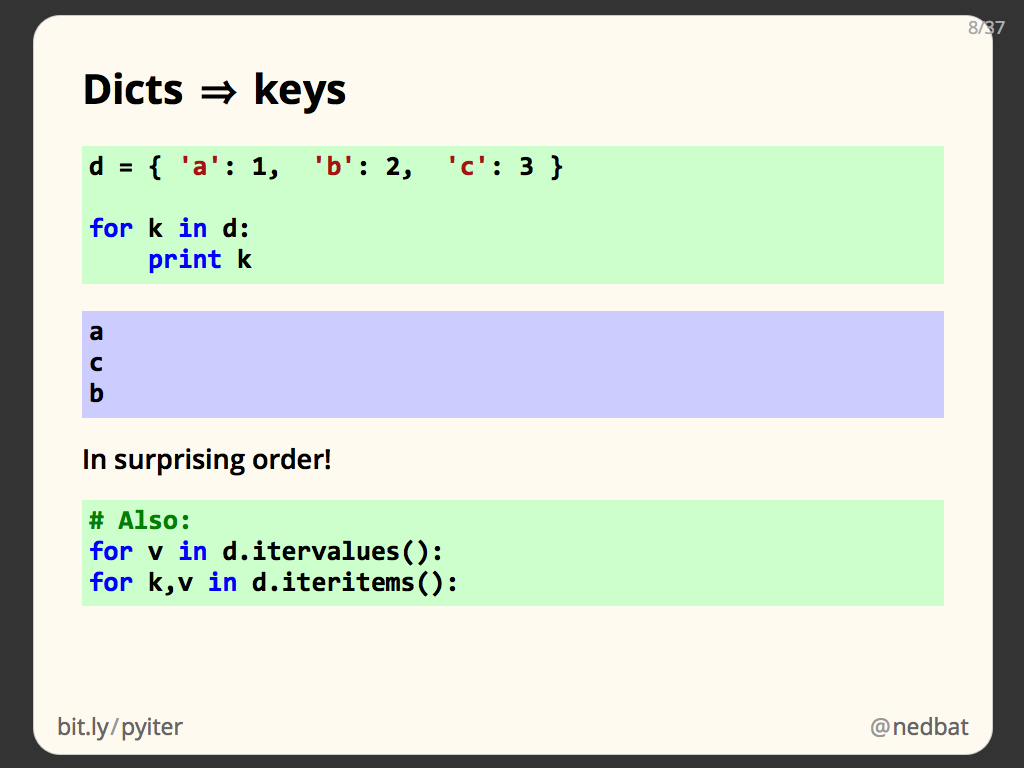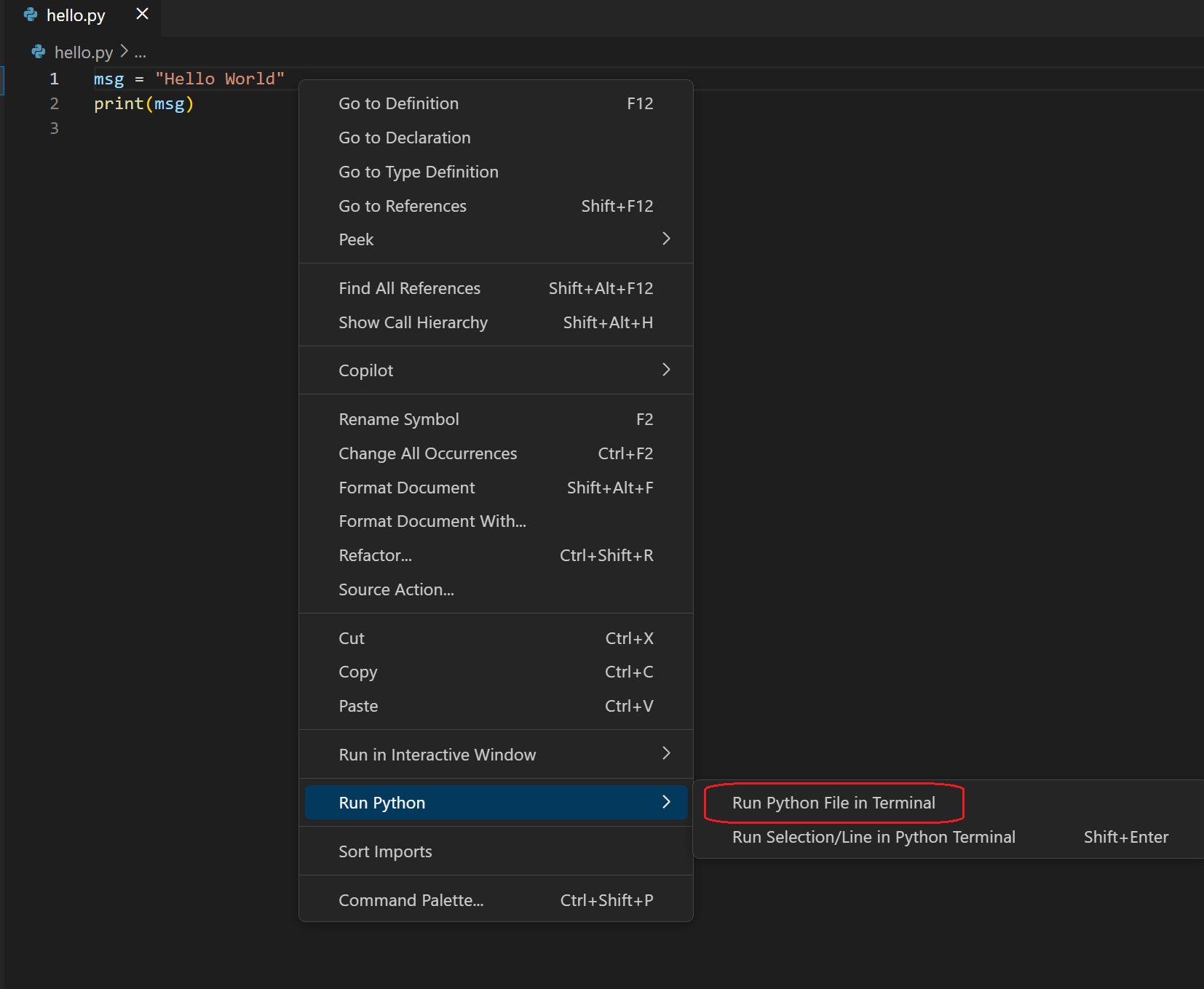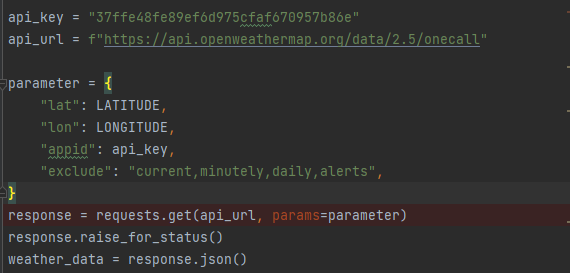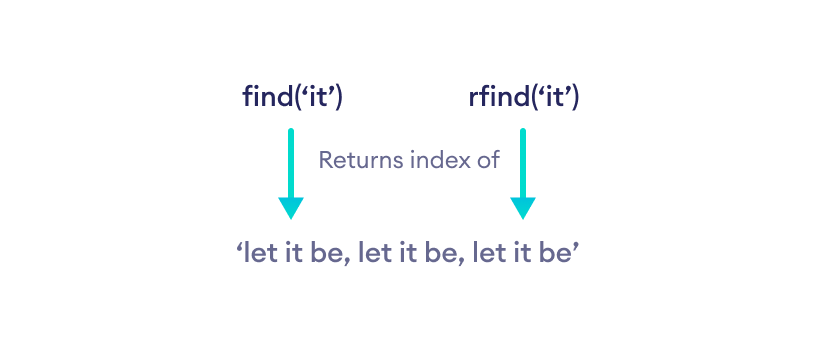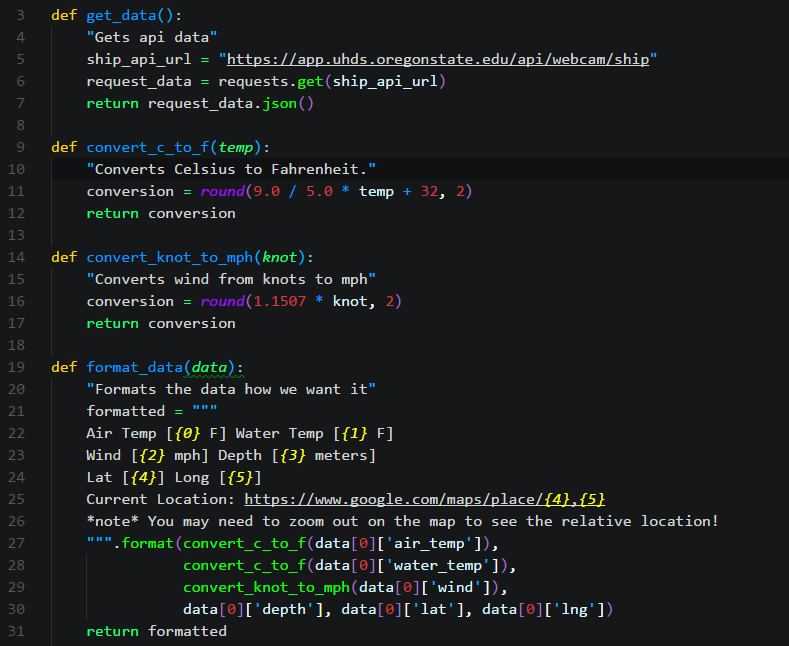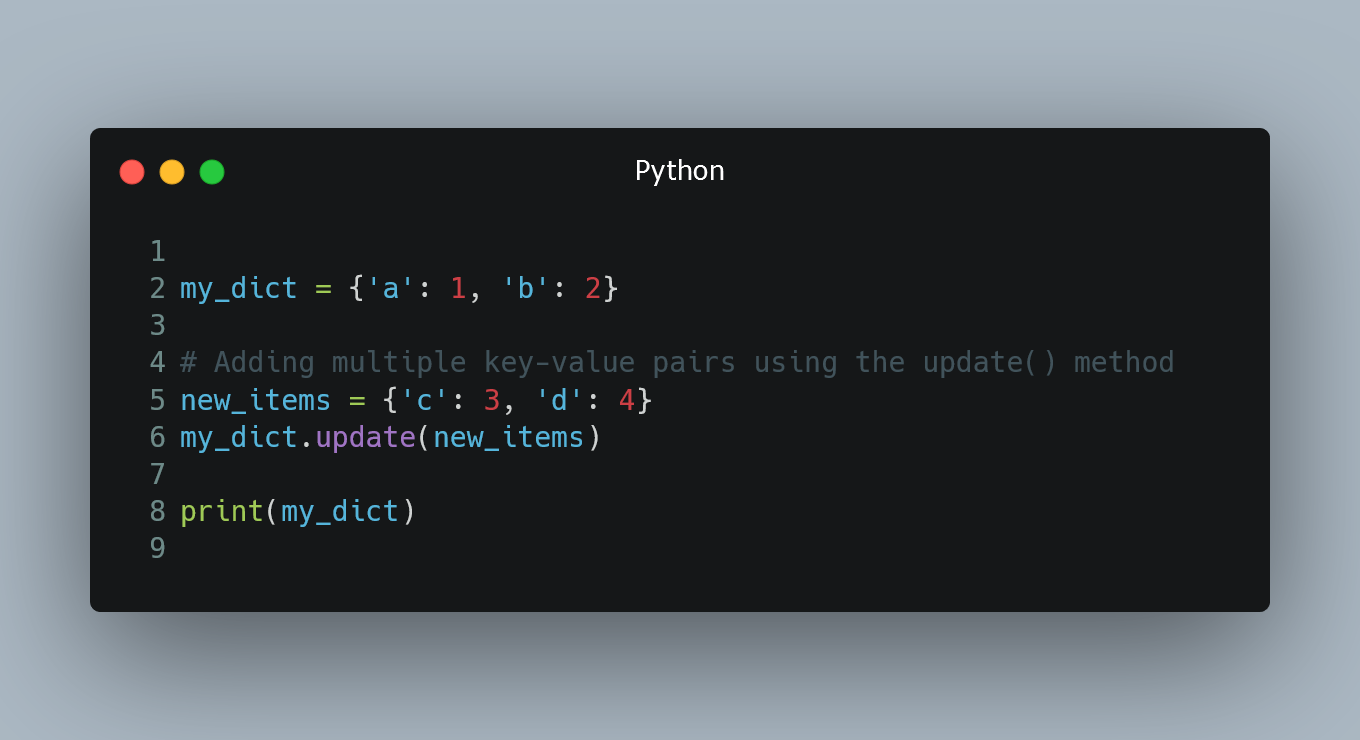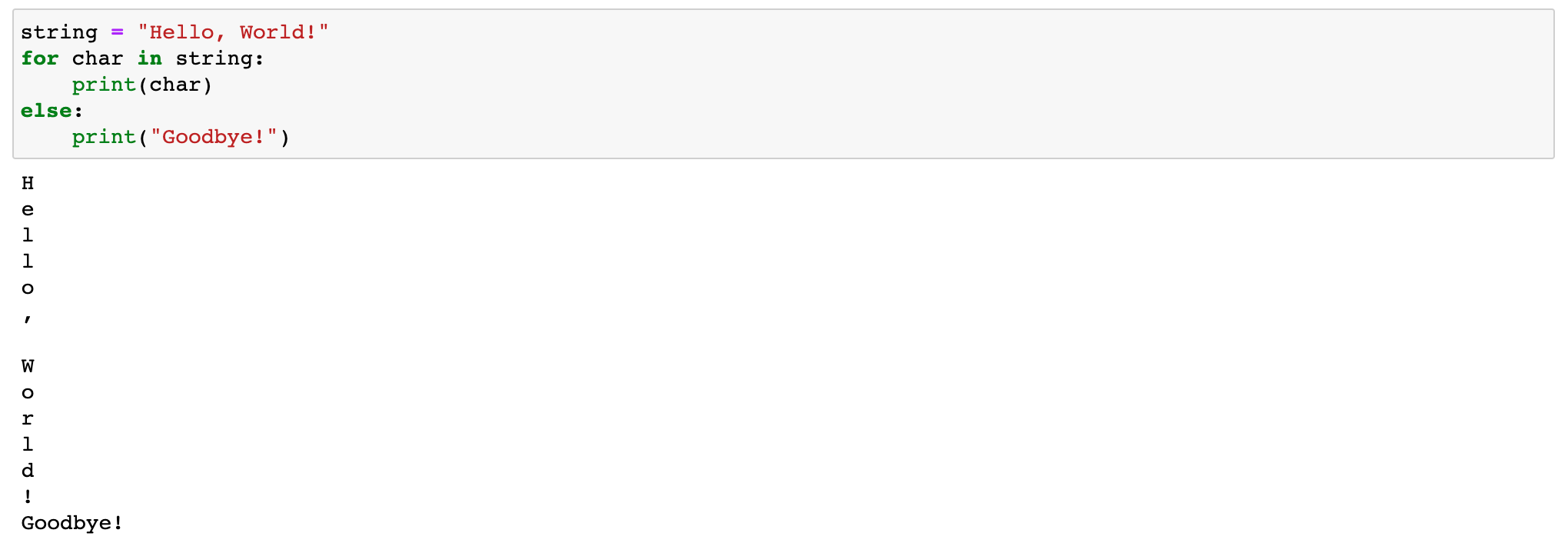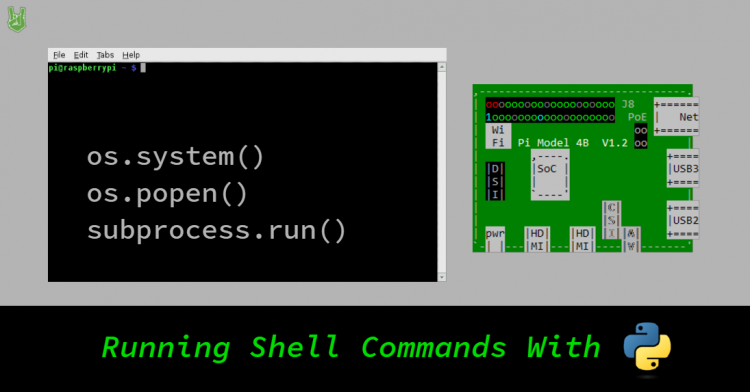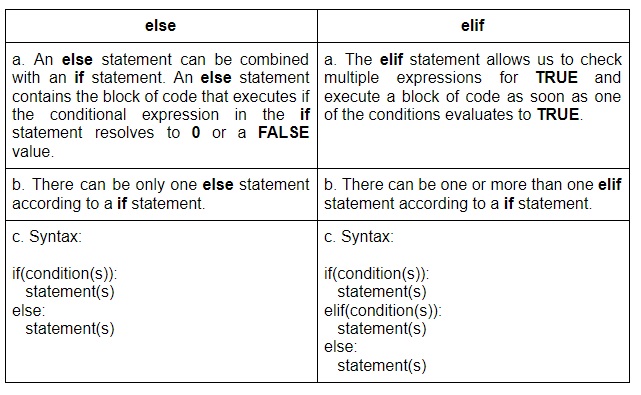Python local vs global variables
Python local vs global variables
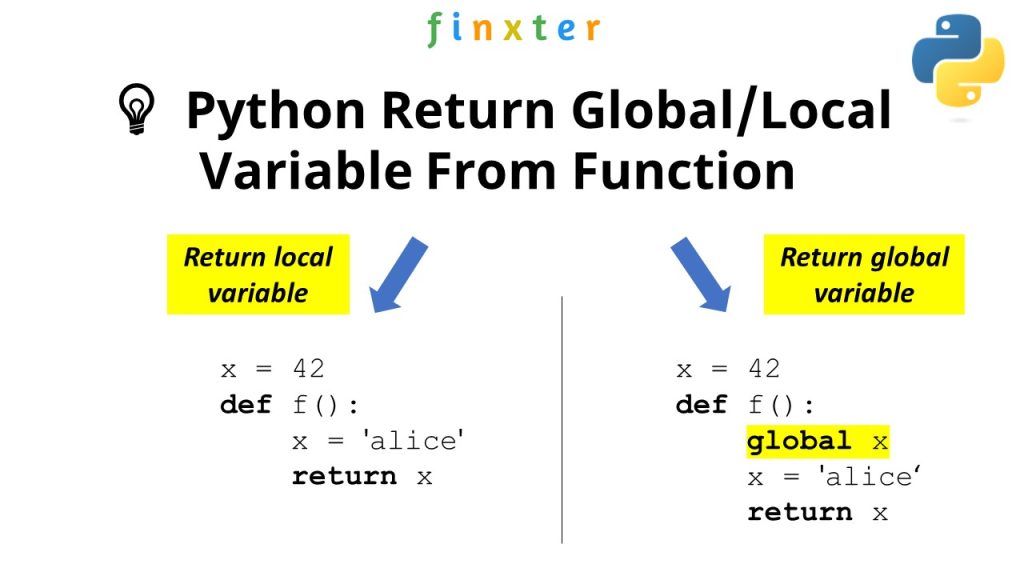
I'm happy to respond in English for you!

Python's variable scoping rules are quite unique and might take some time to get used to, especially when working with functions and modules. Let's dive into the world of local and global variables in Python.
Local Variables
In Python, a local variable is defined inside a function or a block of code. This means that its scope is limited to the current function or block, and it's not accessible outside of it. Local variables are created when the function is called and destroyed when the function returns.
Here's an example:
def my_function():
x = 10
print(x) # prints 10
my_function()
print(x) # NameError: name 'x' is not defined
As you can see, trying to access x outside the function results in a NameError, because x is a local variable and its scope is limited to the my_function() block.
Global Variables
On the other hand, a global variable is declared outside any function or module. Its scope is the entire program, and it can be accessed from anywhere. Global variables are created when the program starts and remain in memory until the program exits.
Here's an example:
x = 10
def my_function():
print(x) # prints 10
my_function()
print(x) # also prints 10
In this case, x is a global variable declared outside any function. Both the my_function() and the main program can access it.
Module-Level Variables
In Python, modules also have their own scope. A module-level variable is declared at the top level of a module (i.e., not inside a function). Its scope is limited to that module, but it can be accessed from any part of the module.
Here's an example:
my_module.py:
x = 10
def my_function():
print(x) # prints 10
print(x) # also prints 10
In this case, x is a module-level variable declared in the my_module.py file. Both the my_function() and any other code inside the same module can access it.
Assigning to Global Variables
When you assign a value to a global variable within a function, you need to use the global keyword to indicate that you're modifying the global variable, not creating a local one.
Here's an example:
def my_function():
global x
x = 20
my_function()
print(x) # prints 20
In this case, we've used the global x statement to indicate that we're modifying the global x variable. This ensures that the assignment x = 20 actually updates the global variable.
Best Practices
When working with variables in Python, it's essential to follow best practices:
Use descriptive variable names: Make sure your variable names are meaningful and easy to understand. Minimize global variables: Try to keep global variables to a minimum and use them only when necessary. Use functions: Organize your code into reusable functions that can help minimize the need for global variables.In conclusion, Python's local and global variables provide a powerful way to manage data in your programs. By understanding how they work and using best practices, you can write more efficient, maintainable, and readable code.
What is the local scope in Python?
I'll respond in English as per your request!
The Local Scope in Python:
In Python, a scope refers to the region of code where a variable is defined and can be accessed. A local scope is a specific type of scope that defines variables that are accessible only within a particular block of code.
A local scope is created whenever a function or a block of code (such as if, for, or while statements) is executed. When a function or block is executed, it creates its own local scope, which means that any variables defined within the function or block are only accessible from within that specific region.
Here are some key points about local scopes in Python:
Variable Shadowing: When a variable with the same name as a variable in an outer scope is created within a local scope, it is said to "shadow" the outer variable. This means that when you access the variable inside the local scope, you will get the value of the locally defined variable instead of the outer one. Variable Lifetime: Variables defined within a local scope have a lifetime equal to the execution time of that block of code. Once the block is completed, the variables defined within it become inaccessible and are garbage-collected. Scope Resolution: When Python looks for a variable, it checks the innermost scope (the most recent block or function) first. If the variable is not found, it then moves to the next outer scope and so on until it finds the variable or reaches the global scope. Global Variables: Global variables are accessible from any part of your program, including within local scopes. However, if you try to modify a global variable within a local scope, Python will create a new local variable with the same name instead of modifying the original global variable.Here is an example to demonstrate local scope in Python:
def outer_function():x = 10
def inner_function():
print("x inside inner function:", x)
inner_function()
print("x outside inner function:", x)
outer_function()
Output: x inside inner function: 10 x outside inner function: 10
In this example, x is a local variable defined within the outer_function, and it is accessible only from within that block. When we call the inner_function inside outer_function, it can access x because it is still within the same outer scope. However, once the execution of outer_function ends, the variables defined within it are inaccessible.
In conclusion, local scopes in Python help keep your code organized by limiting the visibility and lifetime of variables to specific regions of code. Understanding how local scopes work can help you write more robust and efficient Python programs.
